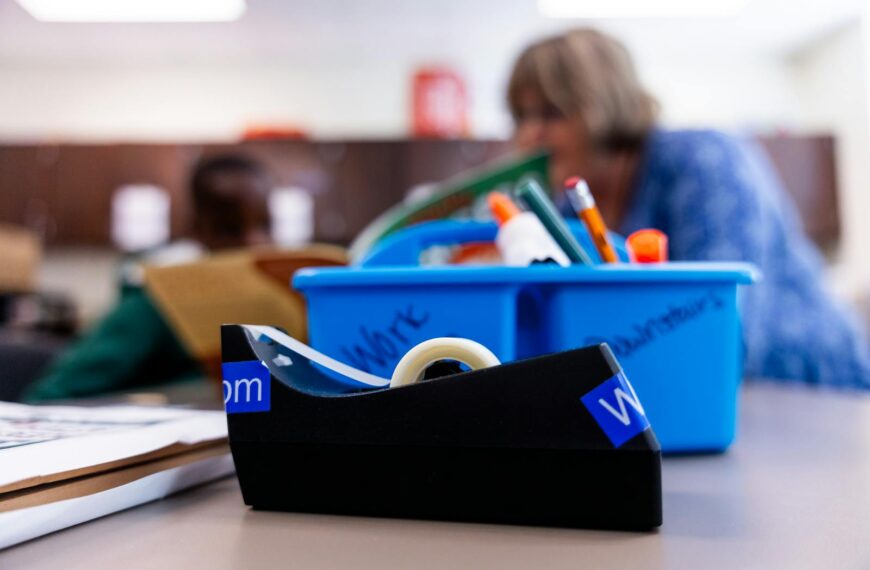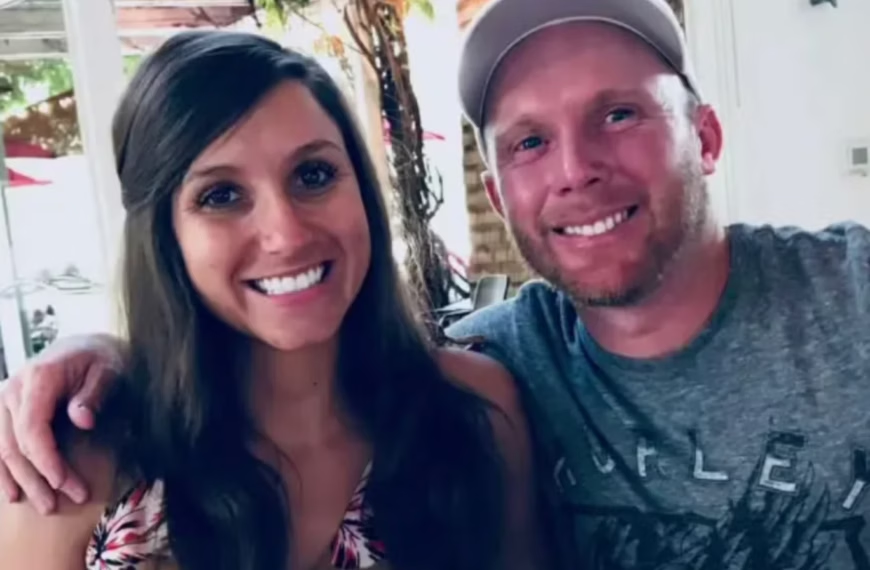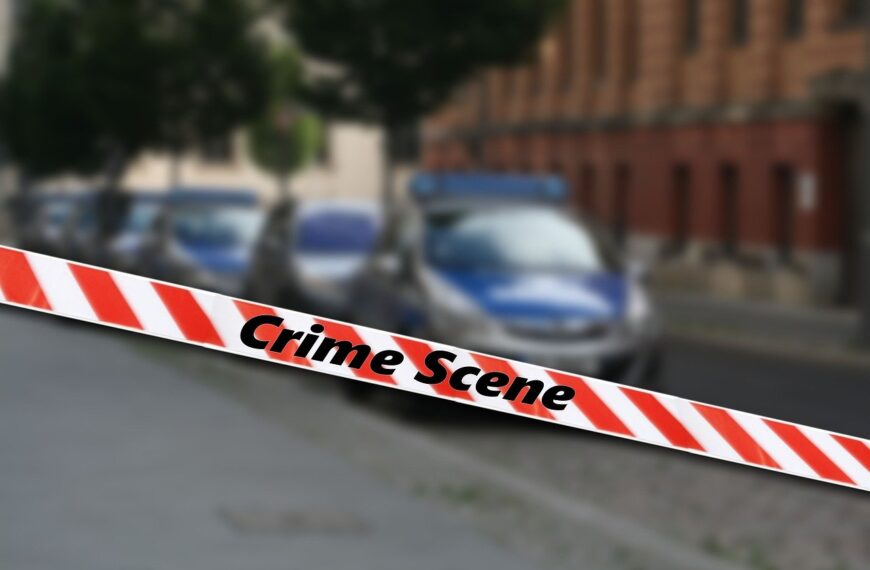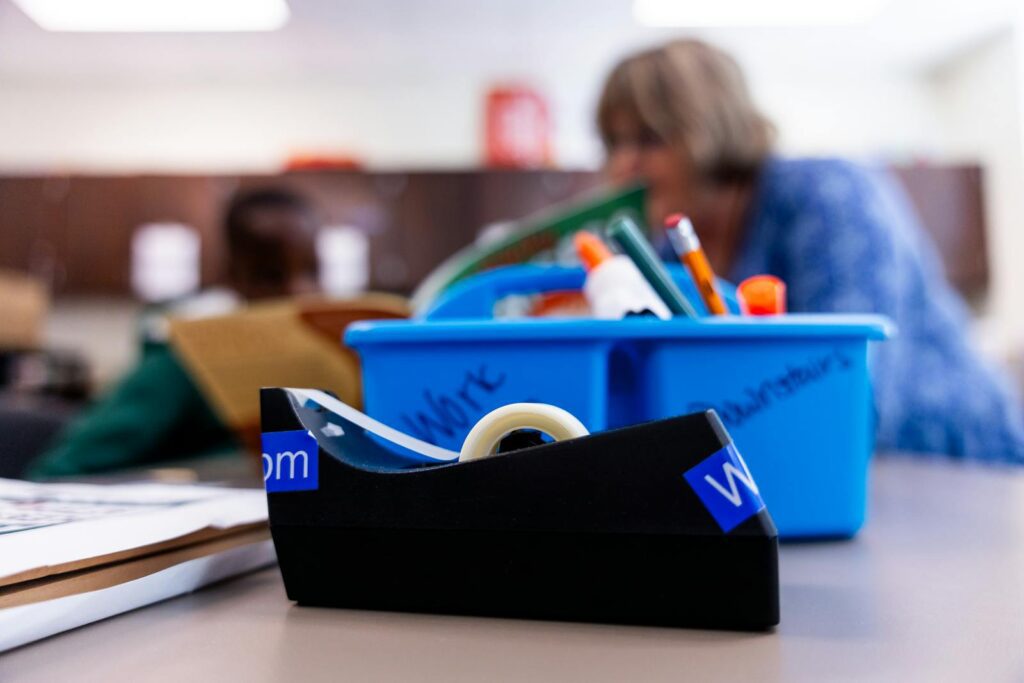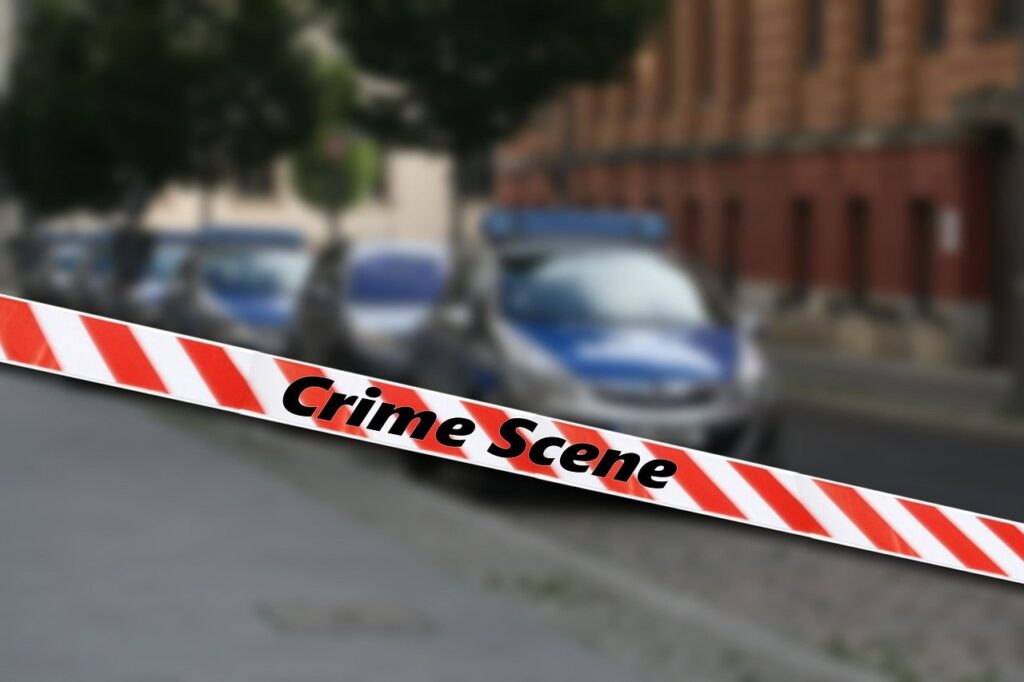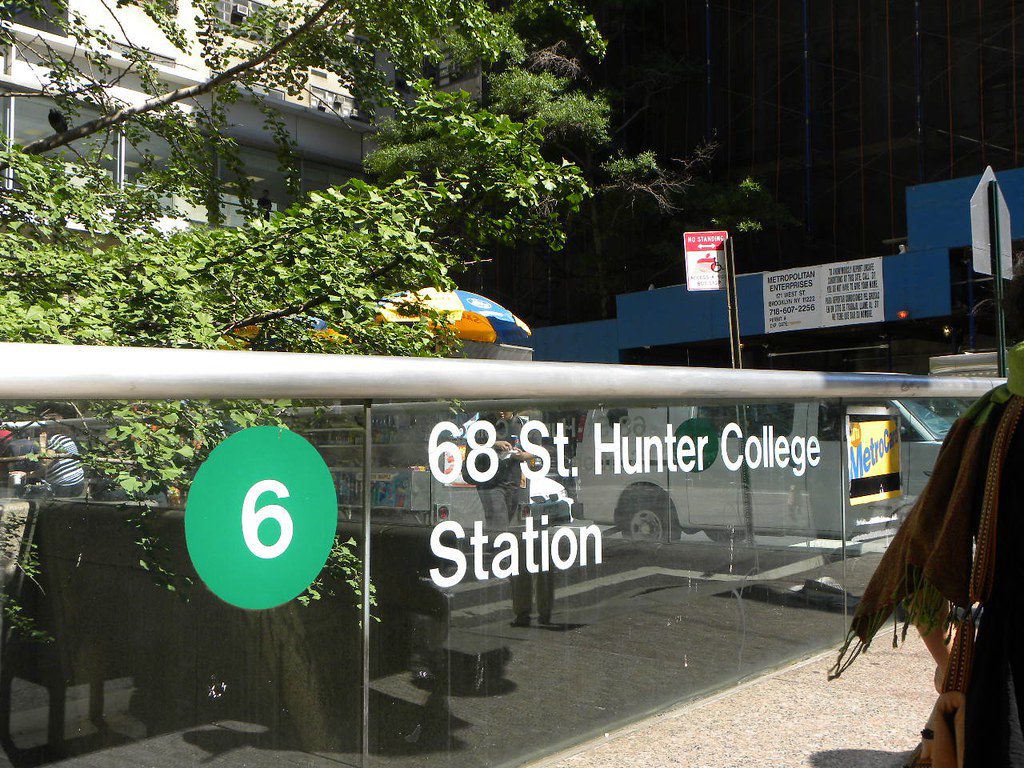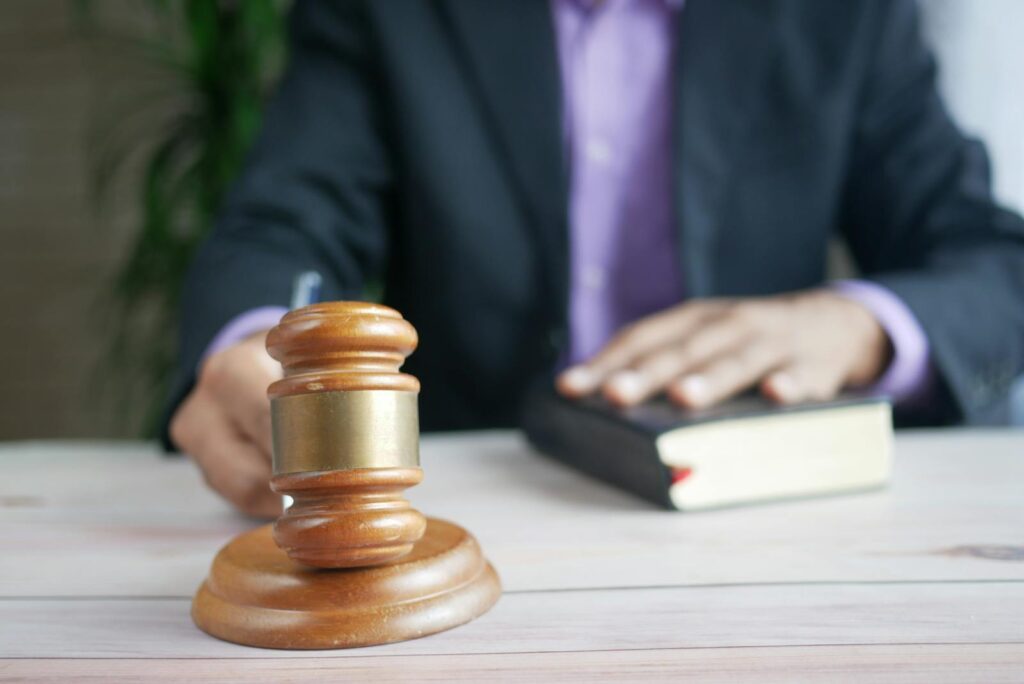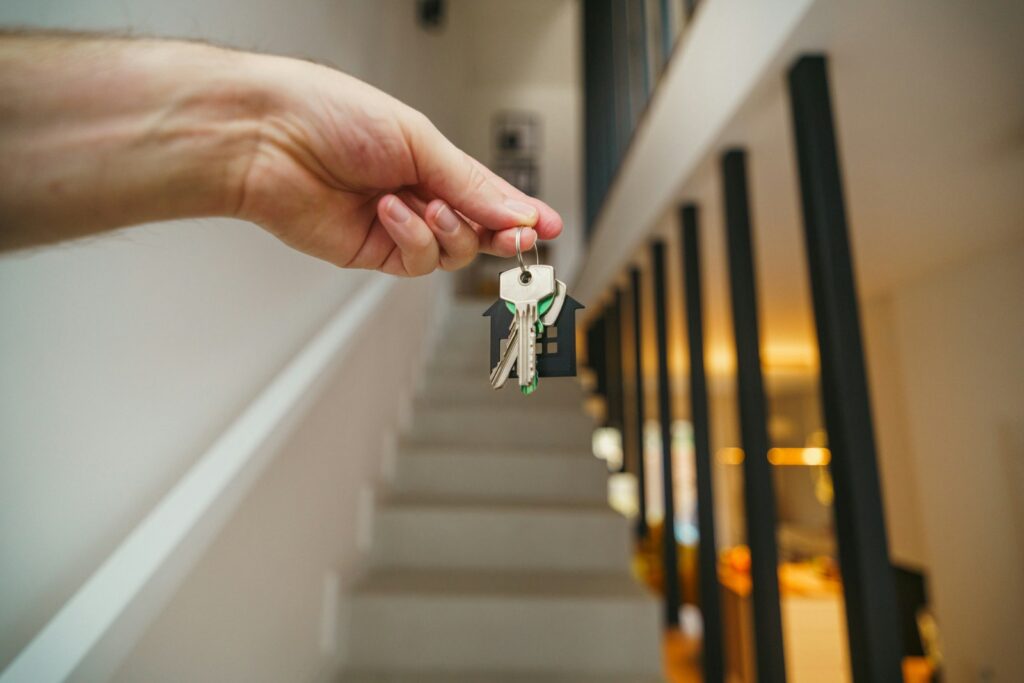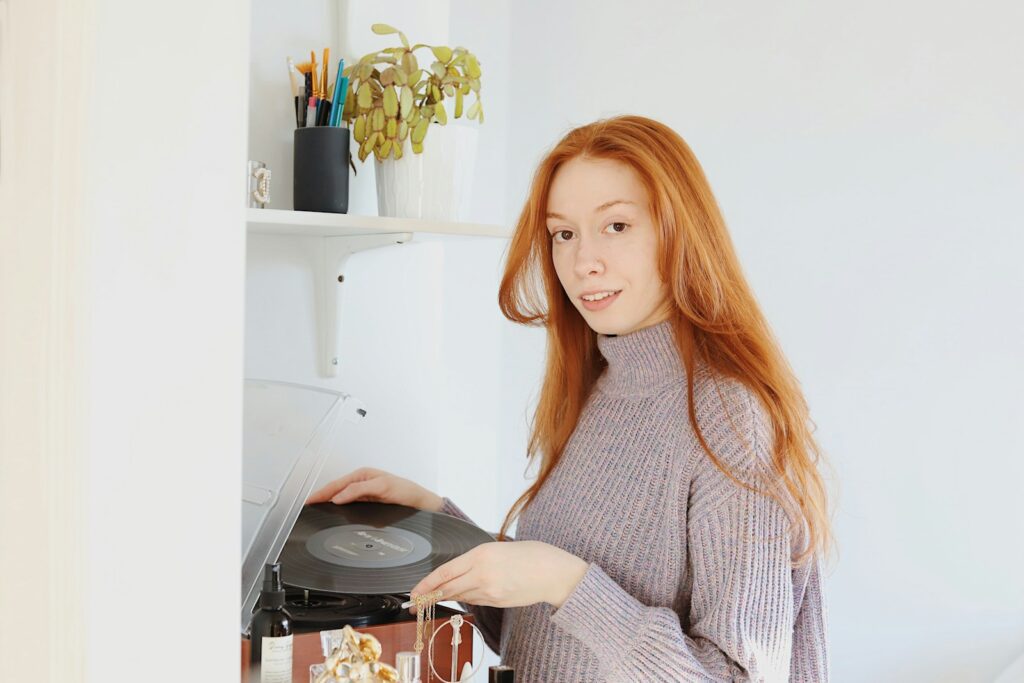Clutter can sneak into your life without you even noticing, making it harder to focus and feel calm. It’s common to let small habits or decisions slowly take over your space and time.
Understanding how clutter controls your life helps you take back control and create a more organized, stress-free environment. When you recognize these patterns, you can start making simple changes that make a big difference.
Holding onto ‘just in case’ stuff you never use

You probably have things tucked away that you haven’t touched in months, maybe even years. Holding onto these “just in case” items takes up space and mental energy.
Ask yourself if you’ve used it lately or if it truly adds value. If not, it’s okay to let it go. That stuff rarely ends up being useful, and keeping it can keep you stuck in clutter.
Letting junk pile up in your junk drawer

You probably think of your junk drawer as a catch-all spot. But when it overflows, finding anything becomes a struggle.
Keeping random items without a system means it quickly turns into clutter that controls your space.
Try giving everything a specific place or using dividers to organize. It makes a big difference in how often you actually reach for what you need.
Not putting things away right after using them

When you leave things out instead of putting them away, clutter quickly builds up. It’s easy to feel overwhelmed when stuff piles up around you.
Making a habit of putting things back right after use helps keep your space tidy without effort. It also saves time later when you don’t have to hunt for lost items.
The key is to find a specific spot for everything so putting things away feels natural and simple.
Ignoring small clutter zones like countertops

You might not notice how much clutter builds up on your countertops. These small spaces often become drop zones for mail, keys, or dishes.
Leaving these areas messy can make your whole kitchen feel chaotic.
Taking a few minutes daily to clear and organize your countertops stops clutter from piling up. It also helps you keep your space looking fresh and tidy.
Buying new things without decluttering first

You might think getting new stuff will help organize your space, but it often just adds to the mess. If you don’t get rid of old items first, new things pile up quickly.
Holding onto unopened or unused items can make clutter worse. Try donating or recycling what you don’t need before bringing new things in.
Being mindful about what you buy helps you avoid unnecessary clutter. Give yourself permission to finish or clear out before opening something new.
Keeping old paperwork and receipts forever

You might be holding onto old receipts and paperwork “just in case,” but most of those papers serve no real purpose after a while. Old calendars, expired warranties, and past receipts usually don’t need to stick around.
Keeping everything can quickly lead to clutter that’s hard to manage. Instead, try sorting through your papers regularly and toss what’s unnecessary. This frees up space and makes it easier to find what you actually need.
Failing to schedule regular declutter sessions
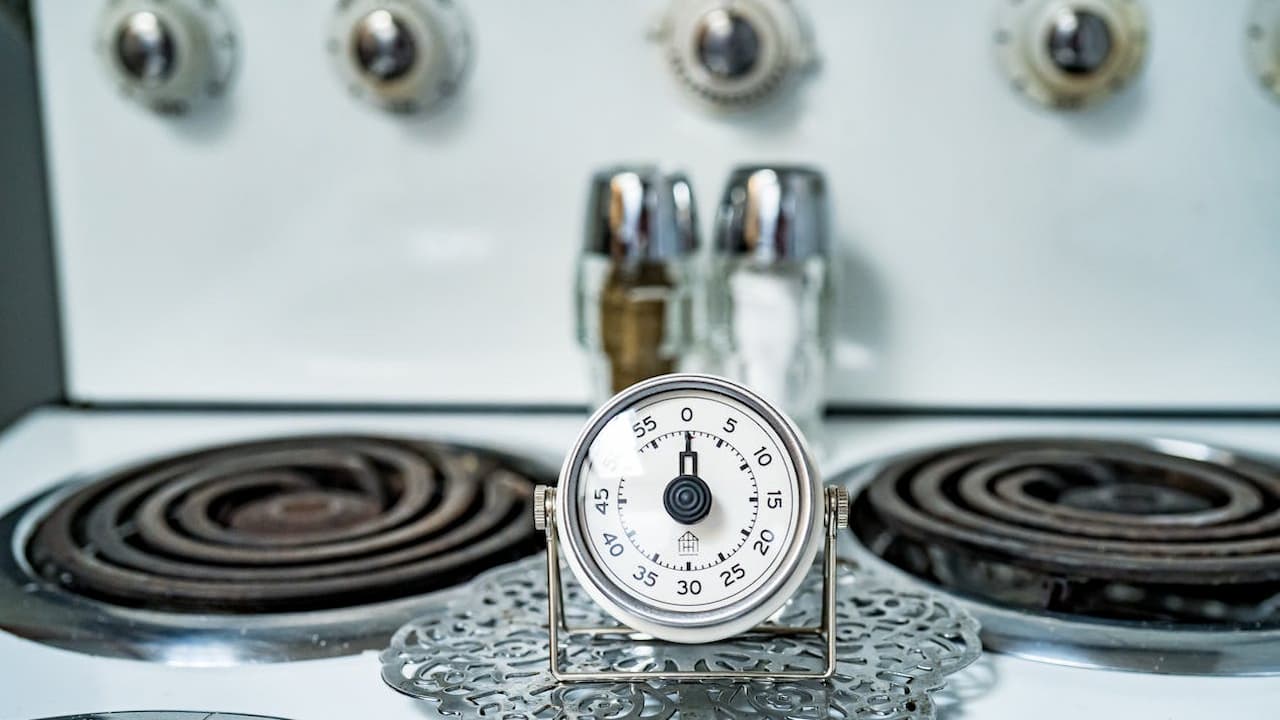
If you don’t set aside time to declutter, it’s easy for stuff to pile up without you even noticing. Skipping regular sessions means clutter slowly takes over your space. Try blocking just five to ten minutes a day or a weekly slot.
Small, consistent efforts keep things manageable and prevent overwhelm. Without a schedule, decluttering becomes a bigger, messier task you’ll likely avoid.
Using clutter as a stress distraction

You might find yourself surrounded by clutter when stress hits. It feels like busying your hands or mind, even if it’s just making a mess.
But clutter doesn’t actually ease your stress—it often hides it. Instead of dealing with feelings, you get caught up in stuff.
This makes it harder to focus and can keep you stuck in a cycle where clutter and stress feed each other. Recognizing this can help you start taking control.
Having a cluttered digital life with too many files
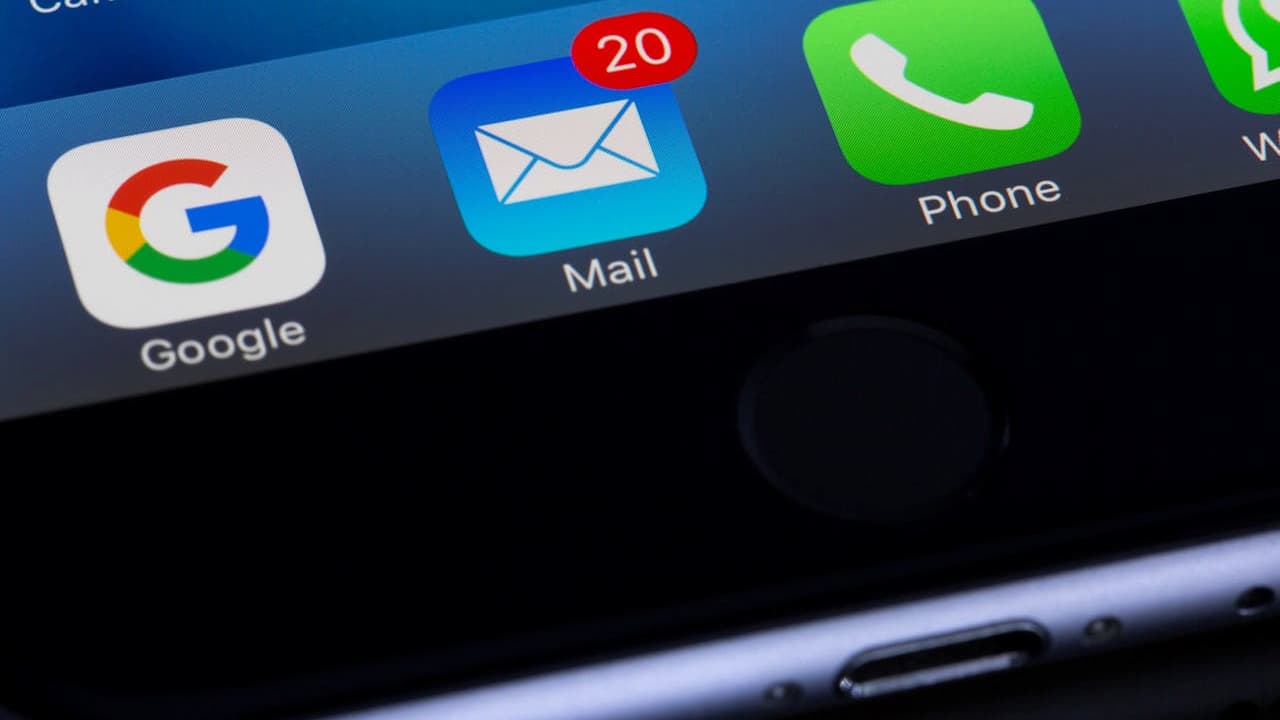
You probably don’t realize how much digital clutter builds up until it slows you down. When your files are everywhere, it’s harder to find what you need. This wastes time and adds stress.
Keeping too many old or unnecessary files on your devices can create chaos. Deleting what you don’t need and organizing what you keep into folders helps clear your headspace.
It can also improve your productivity since you’re not overwhelmed by digital mess every time you open your computer or phone.
Holding emotional attachments to items that don’t serve you

You might hang on to stuff because of memories or feelings tied to it. Those attachments can make it tough to let go, even when the item no longer has a purpose.
Sometimes, keeping things “just in case” means clutter piles up and creates stress. You don’t have to keep everything to honor your past.
Try focusing on what actually adds value to your life now. If something doesn’t, it’s okay to part with it, even if it feels emotional.
Letting clutter take over your schedule and time

You might not realize how much time clutter steals from your day. Searching for lost items or tripping over things can waste minutes that add up quickly.
When clutter piles up, it’s easy to feel overwhelmed, and that can delay your plans or make you avoid tasks altogether. Your schedule ends up controlled by the mess instead of the other way around.
Setting small timers to tackle clutter bit by bit can help you regain control over your time without it feeling like a big chore.
Avoiding asking for help to declutter

You might feel like you should handle decluttering alone. But skipping help can make the process slower and more stressful than it needs to be.
Asking friends or family can bring fresh eyes and motivation. Sometimes, a little outside support helps you make decisions faster and keeps you accountable.
Decluttering is often easier with company. Don’t let pride or embarrassment hold you back from getting help.

